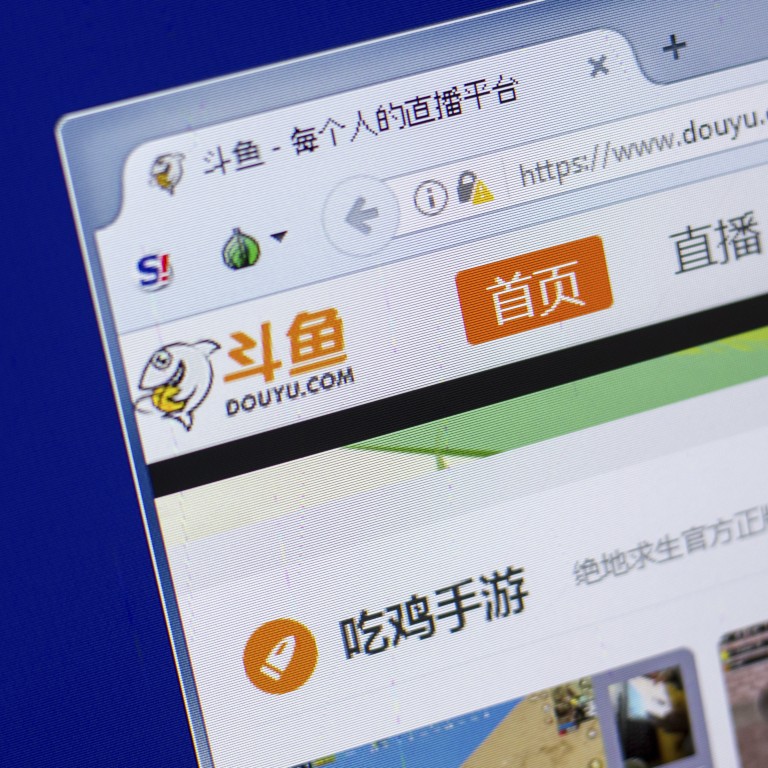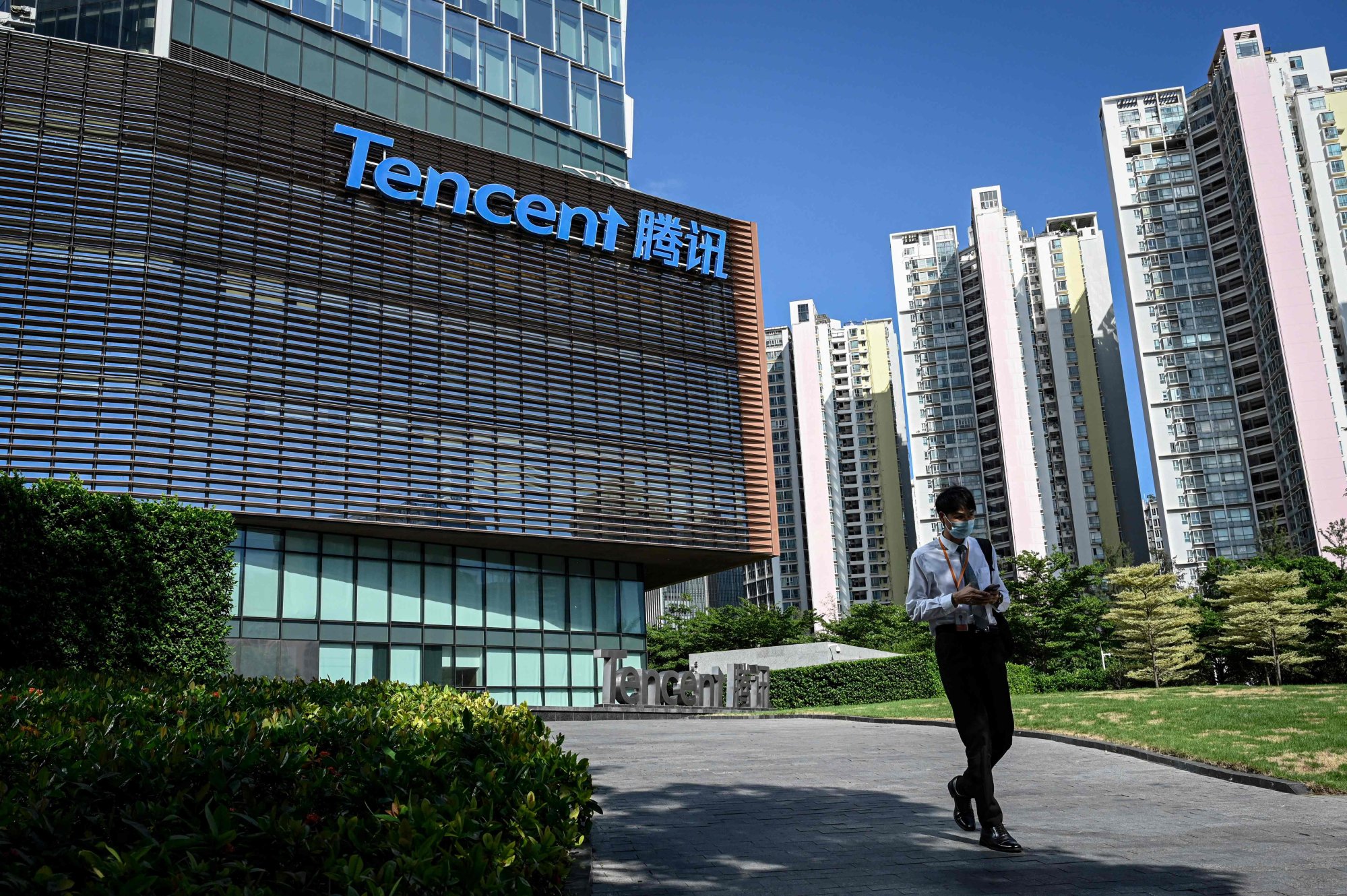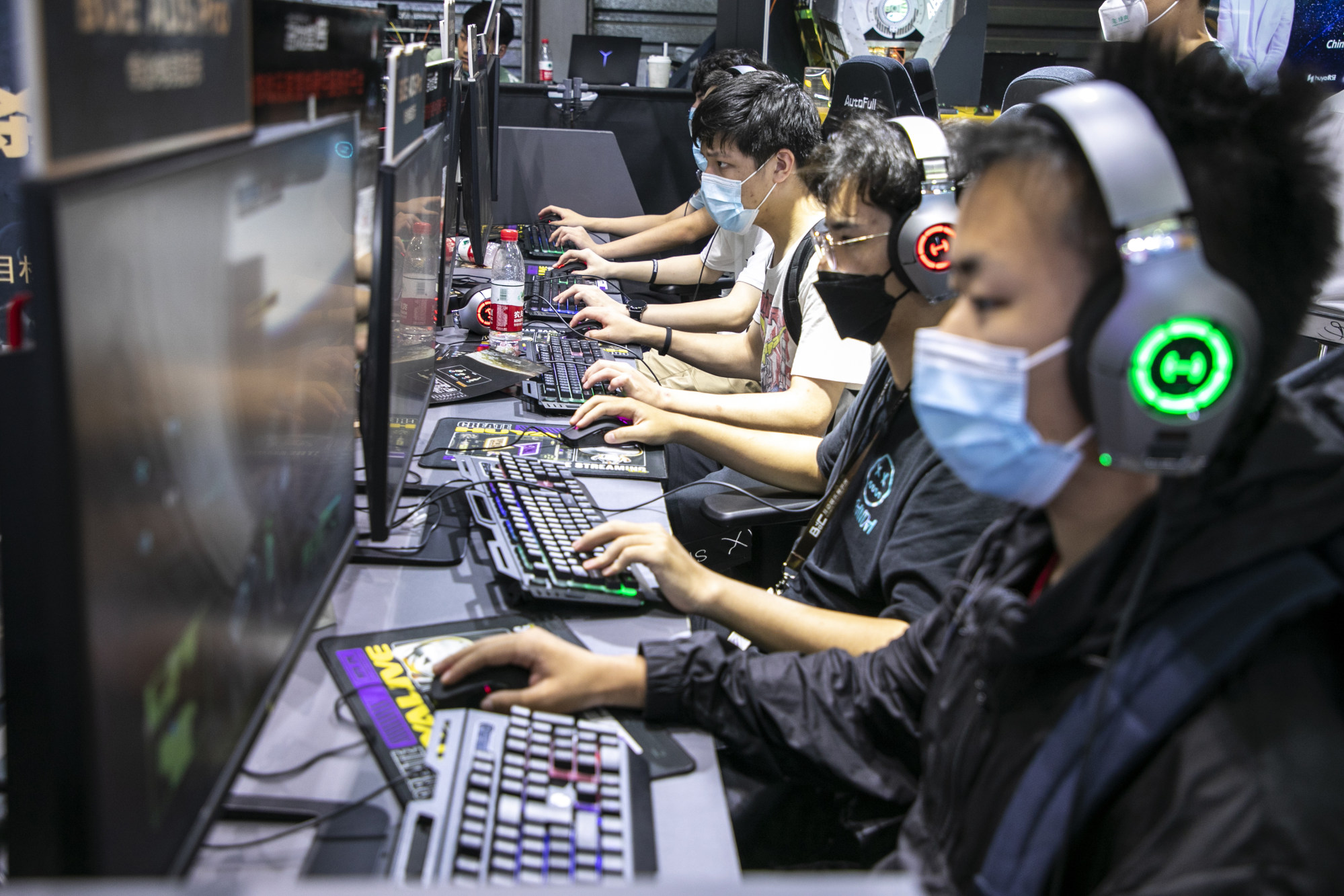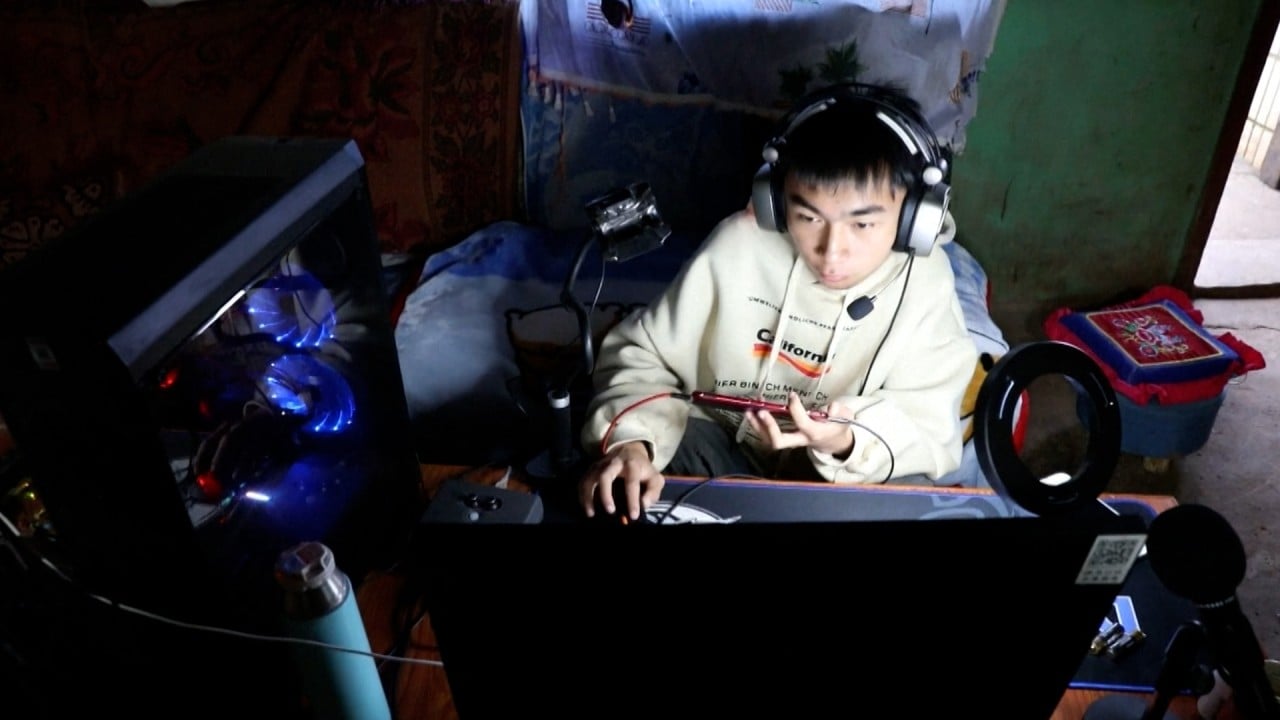
China begins on-site inspection of Tencent-backed, US-listed video game streaming platform Douyu
- The local arm of the Cyberspace Administration of China (CAC) in Hubei province is sending a working group to Douyu to address ‘serious’ problems
- The working group will be stationed at Douyu for a month to supervise the platform, as it rectifies issues such as the dissemination of pornography
China’s internet watchdog has launched a rare on-site inspection of video game live-streaming platform operator Douyu International Holdings, which is backed by the world’s largest video gaming company by revenue, Tencent Holdings.
The Cyberspace Administration of China (CAC) instructed its local arm in central Hubei province to send a working group to Douyu, based in the provincial capital of Wuhan, to address “serious” problems related to the platform, including pornography, the regulator said in a brief statement published on WeChat on Monday evening.
The working group will be stationed at Douyu for a month to supervise the platform’s “rectification” process, the CAC said, without elaborating further.
Douyu did not immediately respond to a request for comment outside office hours in China.
The Nasdaq-listed company saw its shares plunge as much as 15 per cent during pre-market trading on Monday.
China’s video gaming industry has been impacted by an intense regulatory crackdown that began in 2021, with the government implementing some of the world’s toughest rules to clean up content and combat youth gaming addiction, including a strict online game time limit for minors.

Officials from the Ministry of Industry and Information Technology, one of China’s top technology industry regulators, also recently met with top executives from the country’s largest internet companies to discuss ways to push forward the “high-quality development of the internet sector”.
Still, the CAC has maintained a tight control on online content.
The regulator said last month it shut down 4,208 websites and summoned 2,203 website operators, including Douyu, for meetings during the first quarter of the year, in an effort to “clean up” the internet. Douyu was accused of allowing the spread of “harmful information”, such as pornographic, superstitious and gambling-related content.

Despite the CAC’s frequent enforcement moves against online service providers, on-site inspections remain a rarity. The last time that the CAC announced such a visit was in March 2022, when its Beijing bureau dispatched a supervision team to social media platform Douban.
While the regulator did not disclose the issues that led to that inspection, Douban had been known as a haven for relatively liberal online discussions, in a country where unconventional views are usually heavily censored.


